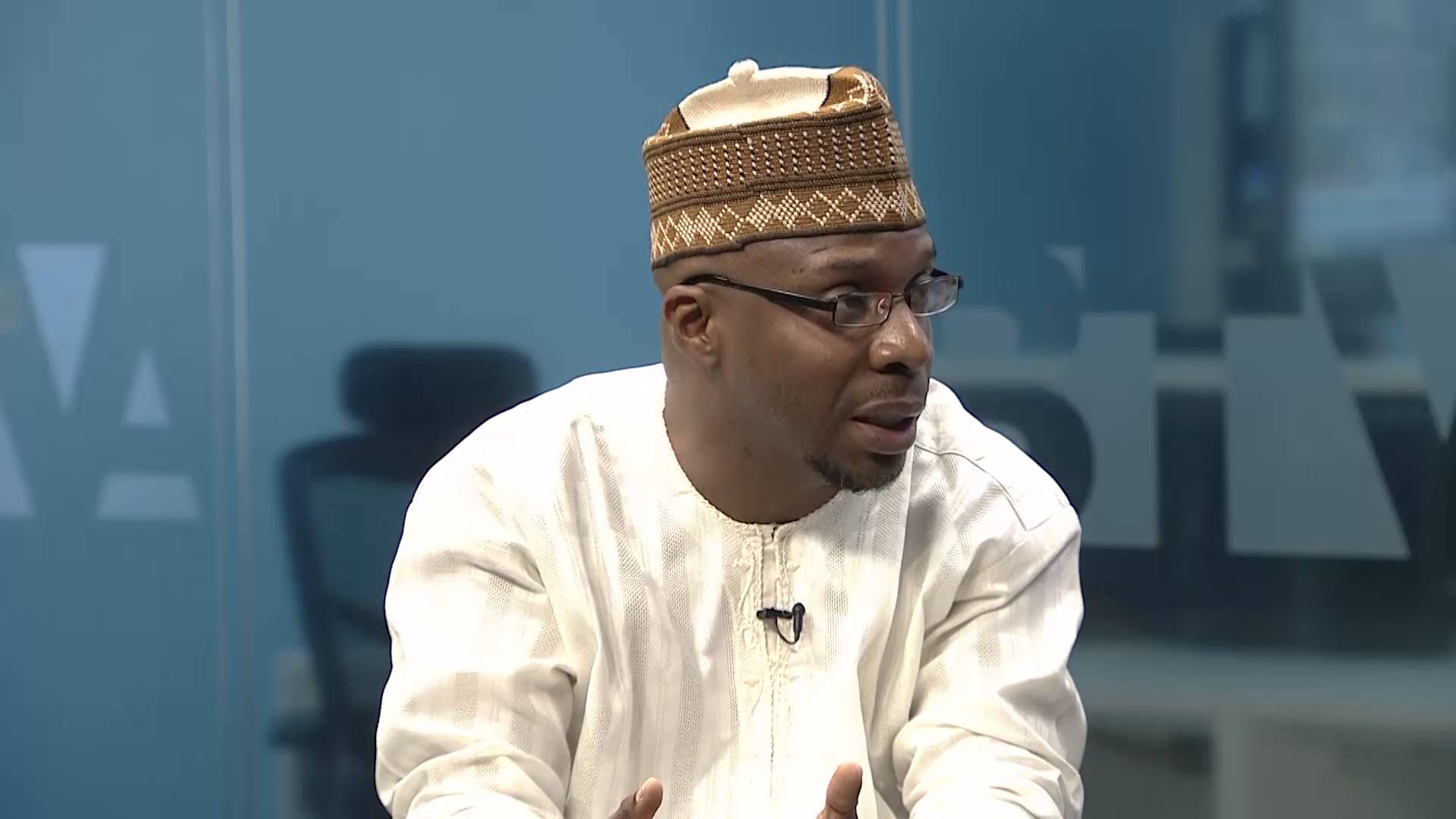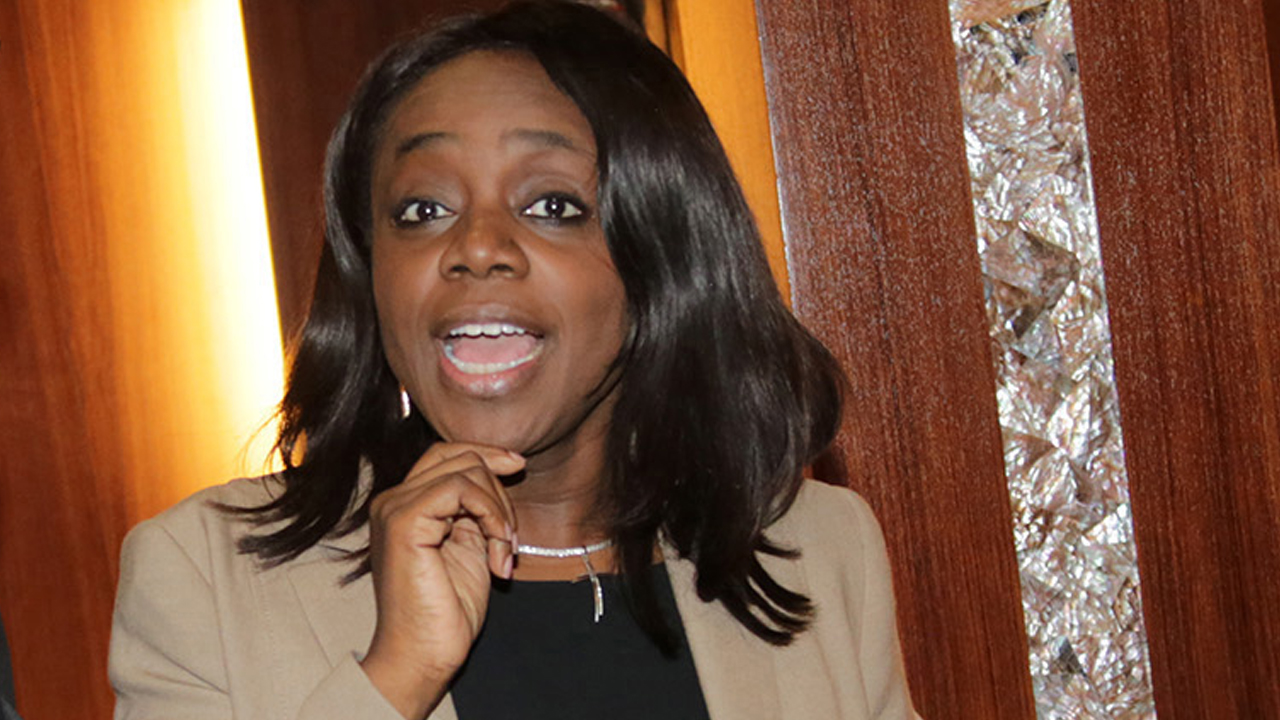The Federal Inland Revenue Service (FIRS) has stated the Value Added Tax (VAT) is a consumption tax primarily designed to support poor people, and not to create hardship for them.
Executive Chairman of the FIRS Babatunde Fowler allayed fears that the increase in VAT may cause hardship for the poor, stating that VAT is charged on consumption and capacity to consume.
A statement by the Service on Tuesday quoted the FIRS Chairman as saying: “When you don’t consume certain categories of goods and services, you are not liable to pay VAT charges on those items.
“VAT is not charged on all medical and pharmaceutical products. It is not charged on basic food items.
“It is not charged on books and educational materials. It is not charged on baby products, fertilizers, locally produced agricultural and veterinary medicine.
“VAT is not charged on farming machinery and farming transportation equipment.
“VAT is not charged on all exports, plant machinery and goods imported for use in Export Processing Zones and free trade zone: Provided that 100 percent production of such company is for export.
“Other services exempted from VAT are Medical services, Services rendered by Community Banks, People’s Bank and Mortgage Institutions, plays and performances conducted by Educational Institutions as part of learning and all exported services are exempted from VAT.”
Fowler said he understands “that some people misunderstand what the VAT is. VAT is a consumption tax.
“If you don’t have money to purchase certain categories of goods and services and you don’t consume them, then VAT is not your problem.
“The VAT is used to assist the needy. VAT provides support for the needy, not a hardship on them.
“85 percent of VAT collected is shared among states for them to provide free education, free health services, provide basic amenities among others.
“We can see what the Federal Government is doing with the tax money. Look at the rail system, the Abuja-Kaduna rail is complete.
“Look at the Lagos-Ibadan expressway, look at the education system, the school feeding program among others.
“If at the state level, your government cannot justify the taxes you pay to them, you have the right to vote them out in the next four years,” Fowler said.
Fowler said that if countries like United Arab Emirate (UAE), Saudi Arabia who are rich in oil resources would be laying emphasis on taxation, Nigeria should also emulate them.

